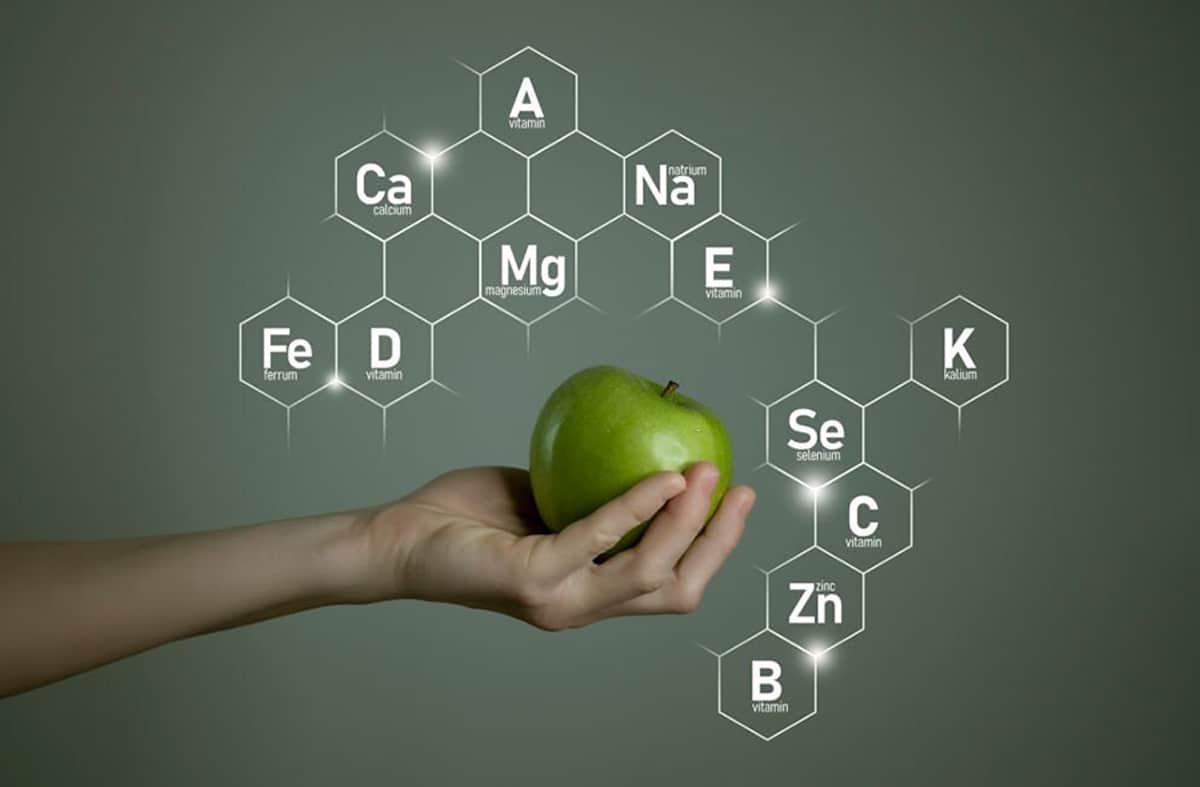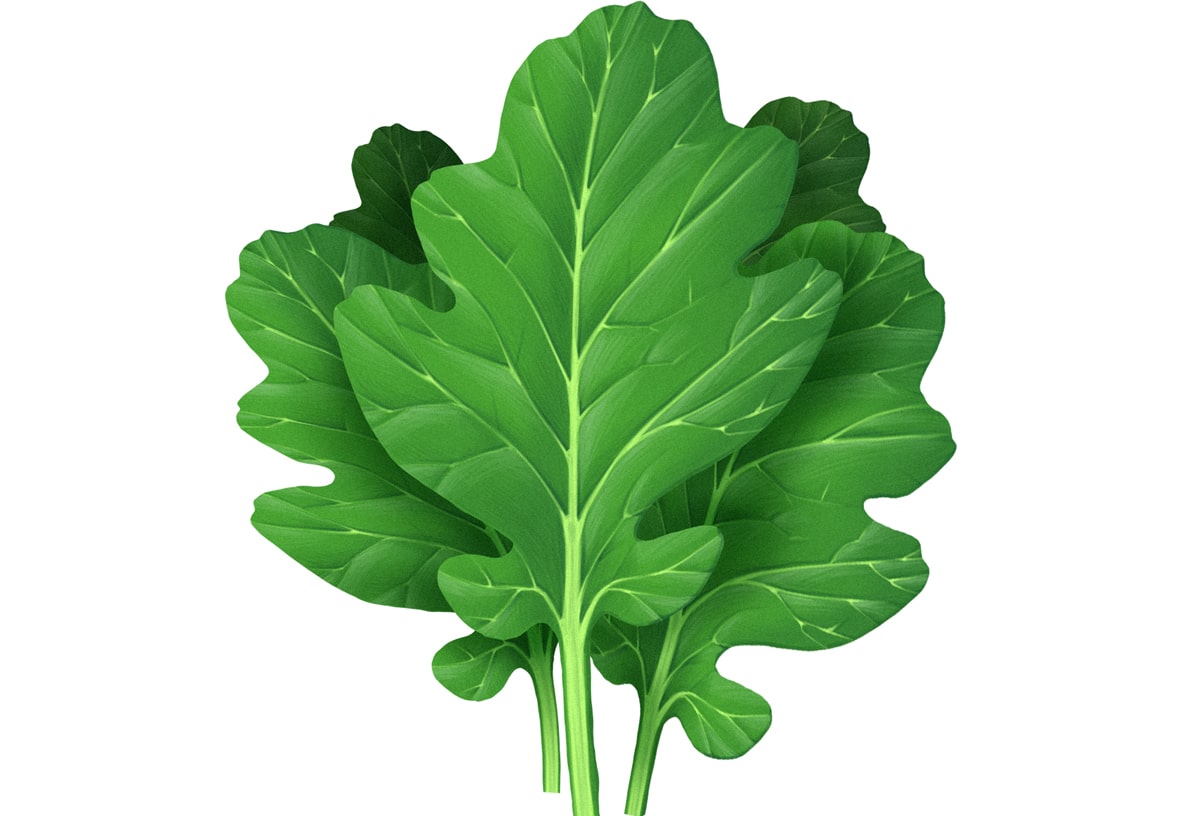
Part 1 of this series explored the connections between autism spectrum disorders (ASDs) and the gut, including gluten-free/casein-free diets as a therapy for leaky gut – you can check it out here if you missed it. Part 2 is dedicated to other nutritional concerns, specifically nutrient deficiencies and the role of fatty acids, plus a footnote on ketosis. (again, if you’re looking for gluten, it’s in Part 1, not here).
Just to reiterate from Part 1, this is not an article explaining the “causes of autism.” Autism spectrum disorders are very complicated and cannot be pinned down to one sound bite. It’s also not a replacement for an actual doctor, therapist, or counselor, and was never intended to be. It’s simply a post presenting some interesting information about one very specific factor that may contribute to symptoms of ASDs in complicated ways that nobody completely understands yet.
On top of eliminating various suspected dietary bad guys, many parents try to help kids with ASD symptoms by adding more nutrients to their diet, in the form of special supplemental foods or pills. Unfortunately, a most diet and supplement strategies don’t actually have a lot of evidence behind them. Food might be a powerful medicine, but it’s not a cure-all. So here’s a look at some of the most common interventions and what research has actually been done in support of them.
Fatty Acids (especially Omega-3s)
Omega-3 fats are crucial for brain development, and they’re certainly implicated in all kinds of other mental health disorders, so it’s not an unreasonable idea to suspect that the ratio of Omega-6 to Omega-3 fats might have something to do with ASDs. On top of that, autism is also an inflammatory disease, and Omega-3s are critical for regulating inflammation.
Various studies have found that many children with ASDs do have low levels of Omega-3 fatty acids and a high ratio of Omega-6 to Omega-3 fats, but that doesn’t necessarily mean that supplements are the answer. Studies are conflicting: some of them find a benefit and others don’t. A Cochrane review concluded that so far, there’s no solid evidence that Omega-3 supplements have any measurable effect on ASD symptoms. On the other hand, the authors of some other reviews were more positive – this one, for example, classified the evidence for Omega-3 supplements as “good” and recommended them.
Getting more dietary Omega-3 fats is healthy for almost anyone, regardless of whether they have an ASD or not. But there’s no consensus on whether or not Omega-3s actually help improve ASD symptoms in particular. On the other hand, it also hasn't been conclusively proven that they don't have an effect; both of the reviews above noted the small number of studies and small sample sizes.
Nutrient Deficiencies and Nutrient Supplements
Children with ASDs often have extremely idiosyncratic eating patterns, most commonly a strong preference for carb-dense, nutrient-poor junk food and a dislike of fruits, vegetables, and protein. It’s not hard to see how this could cause some serious nutrient deficiencies. This study, for example, found that children with ASDs were more likely to have nutrient deficiencies even though they had a higher BMI on average (which is pretty much what you’d expect from a diet rich in simple carbs and low in nutrients).
The logical answer to nutrient deficiencies would be supplements, and it’s very likely that if a child has a nutrient deficiency, then adding more foods or supplements with that nutrient will improve the child’s health (you could say the same thing about any human with a nutrient deficiency; it’s not restricted to kids with ASDs). Unfortunately, the evidence for most of the popular supplements as therapies for ASD symptoms in particular is very shaky at best.
One common supplement regime is a combination of Vitamin B6 and Magnesium, since both are important for brain function. But this review covered the evidence for B6-magnesium supplements and concluded that the evidence to date just doesn’t support it as a therapy.
Folic Acid (Vitamin B9) is another important vitamin for brain health and development, especially in pregnancy, but again, there’s no evidence that giving folic acid supplements to children with ASDs actually improves symptoms. As this review put it:
"the few and contradictory studies present inconsistent conclusions….Although some studies have reported lower folate levels in patients with ASD, the effects of folate-enhancing interventions on the clinical symptoms have yet to be confirmed."
Then there’s Vitamin D. Dr. Emily Deans has a fascinating writeup of some theoretical possibilities for interaction between Vitamin D and autism here, and some researchers believe that Vitamin D might be involved in ASD symptoms, but none of this is really anything more than theory.
Vitamin B12 is also an important nutrient for brain health, and this review looks at the potential benefits. The problem with that is that it’s only shown any effect in studies of subcutaneous injections – not exactly something you can do at home.

On a more optimistic note, that same review also noted that two RCTs looking at multivitamins in general (instead of any one particular nutrient) have found benefits – not a lot of research, but it’s something.
It’s also important to take account of the potential for special or restricted therapeutic diets to induce nutrient deficiencies, quite aside from anything the child eats or refuses to eat. Specifically, this study raised concerns about…
Of course, there are plenty of ways of getting all these nutrients on a gluten-free/casein-free diet (or most other forms of elimination or restriction diets) – it just does take some care and planning, and it’s something to be aware of.
In short, addressing nutrient deficiencies in any person’s diet is likely to improve that person’s health, but there’s no strong evidence so far that ASDs are caused by a deficiency of any particular nutrient, or that they can be cured by eating a more nutritious diet or taking nutrient supplements. Again, it also hasn't been definitively proven that any of these interventions are useless, either; in most cases, there are very few human trials of any kind.
Ketogenic Diets
Another type of nutritional approach that often comes to mind for neurological disorders is a ketogenic diet (most famous as a treatment for epilepsy in children). There’s a very small amount of evidence that ketogenic diets may have some benefits, but this is only based on one study (where a full 40% of children dropped out because couldn’t manage to stick with the treatment protocol!) and one case report backed up by a lot of studies in mice and rats. Again, it's high on the speculation and low on the actual research.
Summing it Up
Food is such a powerful “medicine” for so many health problems that it can be tempting to see nutrition as the answer to everything. But as nice as that would be, it’s just not true. There’s very little evidence supporting supplements of any kind for ASDs, outside of frank deficiency caused by extreme eating patterns.
Many children with ASDs, just like many children in general, could probably do with more Omega-3s, fewer Omega-6s, and a more nutrient-dense diet in general. But there isn’t solid evidence that any of these things affect ASD symptoms specifically - they might be interesting to bring up with your doctor, but no evidence supports the idea of any of them as cure-alls.
A little bit anticlimactic maybe, but it’s better to know than to get sucked down a rabbit hole of “treatments” with no actual evidence behind them.





Leave a Reply